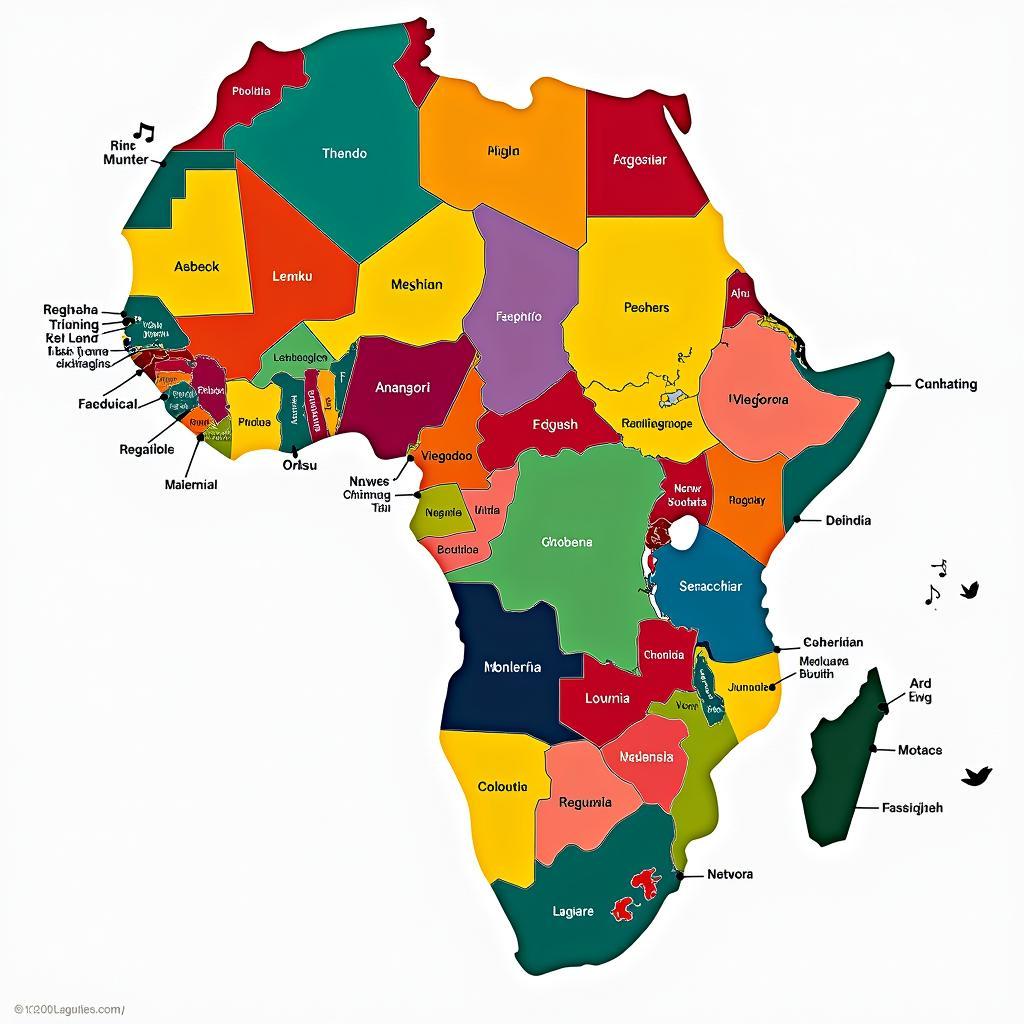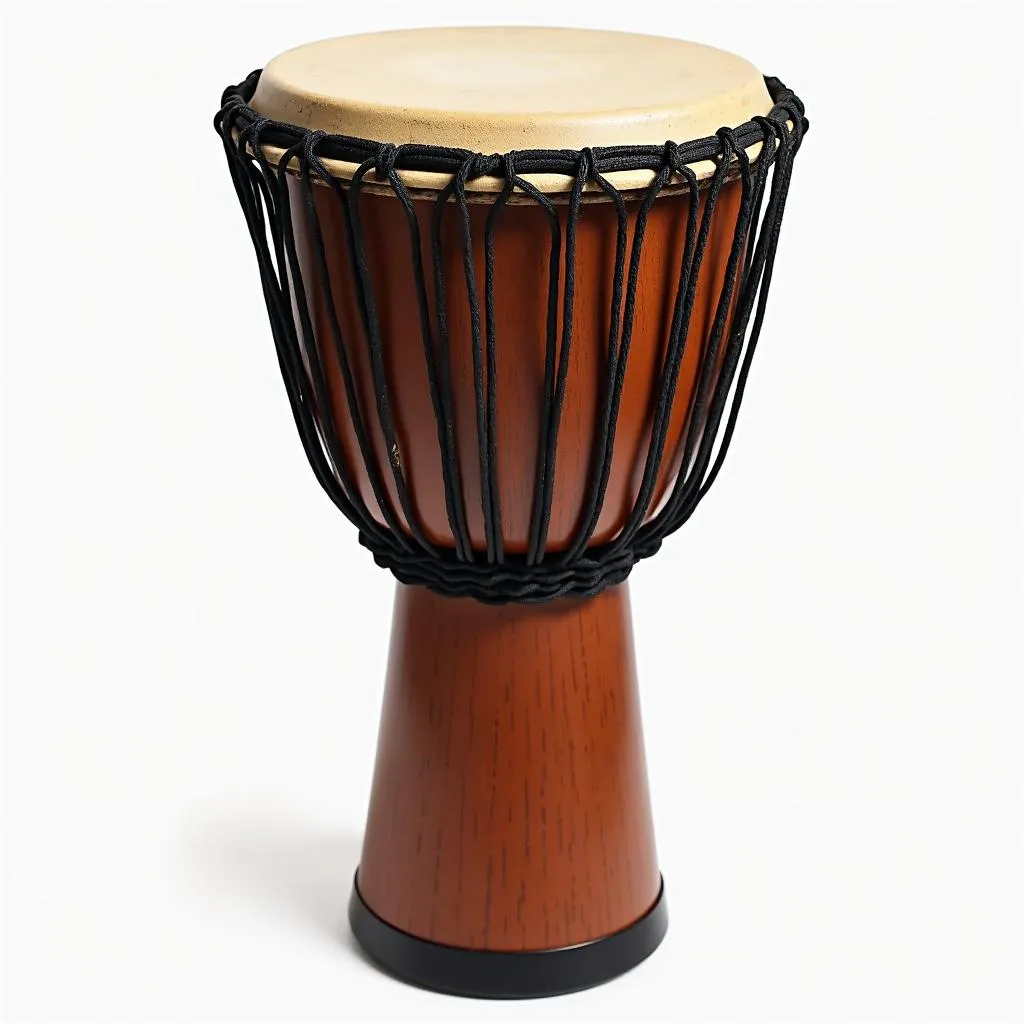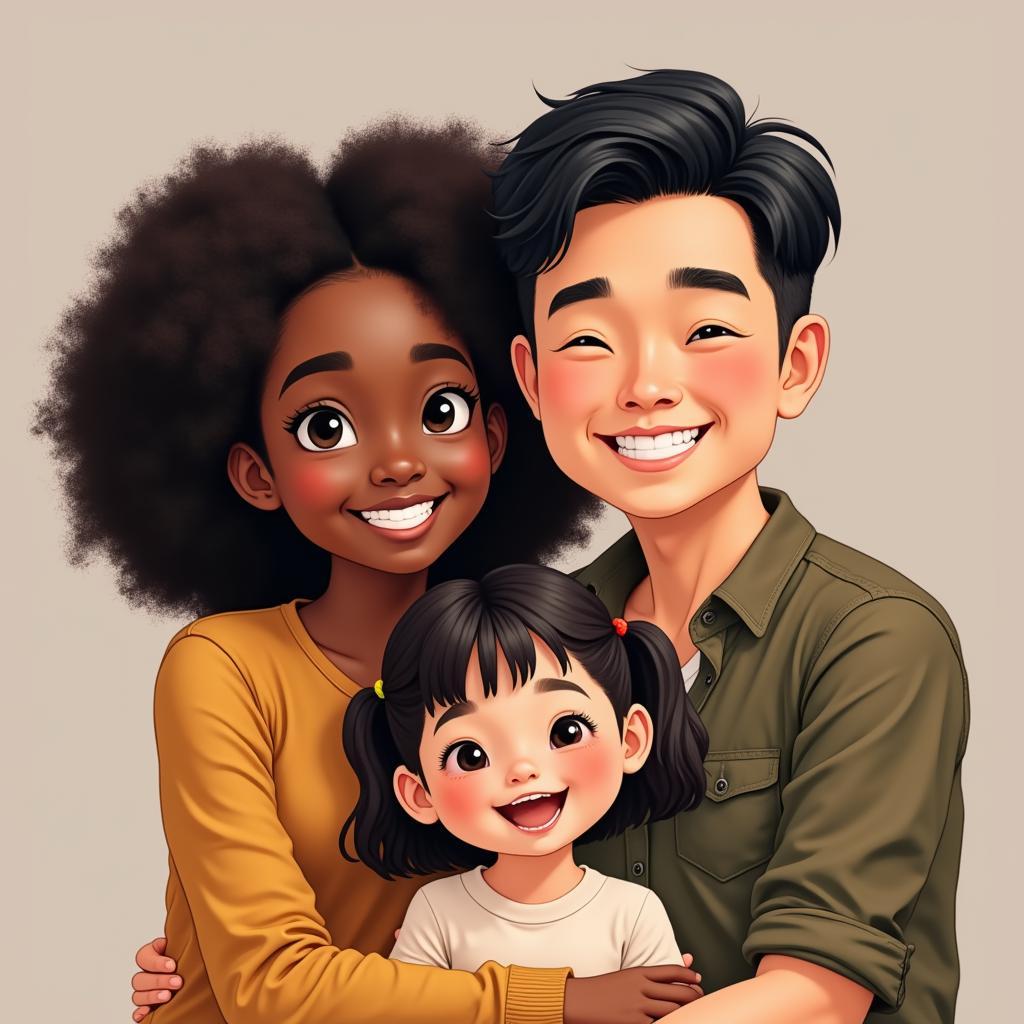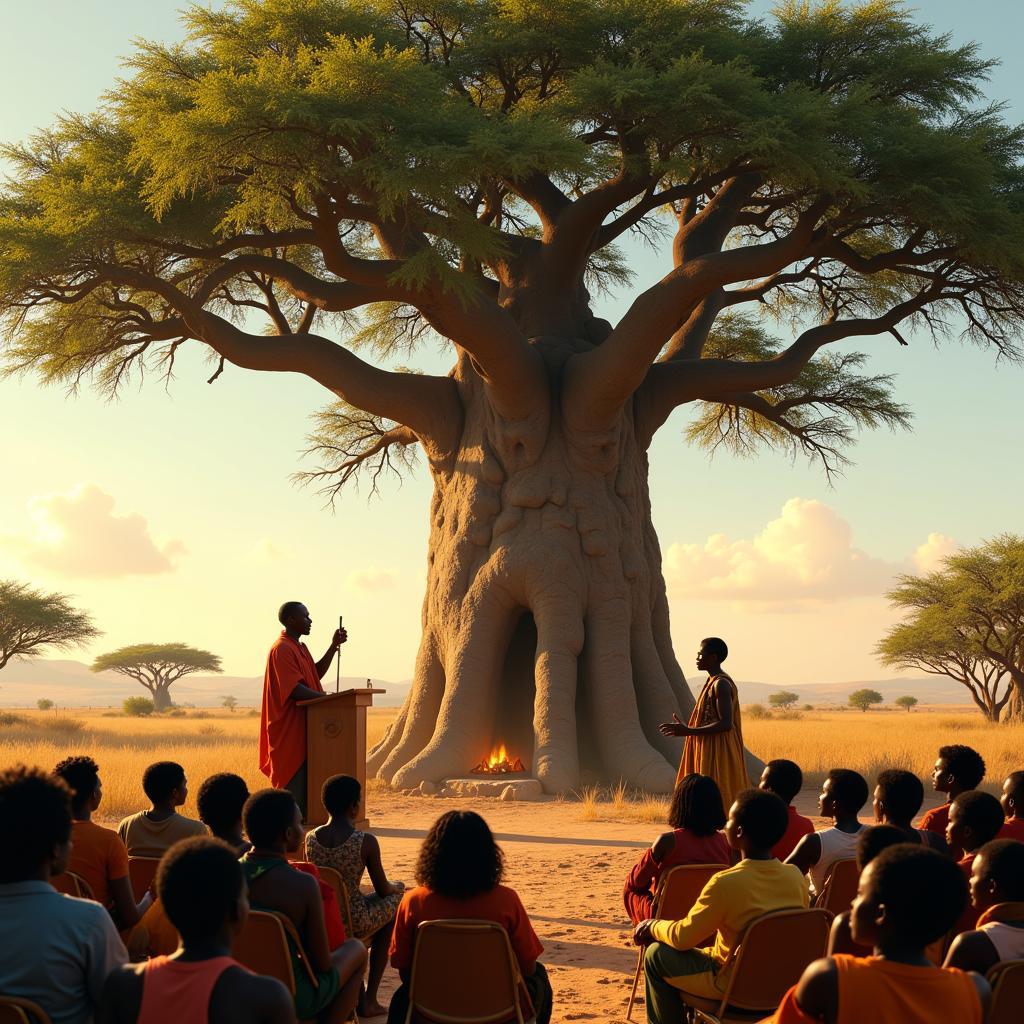A Journey Through the Tapestry of African Country Language
Africa, the second-largest continent, boasts not just diverse landscapes but also an incredibly rich linguistic tapestry. With over 2000 languages spoken across its 54 countries, exploring African country language is like embarking on a fascinating journey through the continent’s history and culture.
 Map of African Languages
Map of African Languages
The Abundance and Diversity of African Languages
Unlike many other continents shaped by linguistic homogenization, Africa holds onto its linguistic diversity. This richness stems from millennia of independent language development, influenced by migration, trade, and cultural exchange among various ethnic groups. While many may associate Africa with colonial languages like English, French, and Portuguese, these represent only a small fraction of the linguistic landscape. Indigenous languages continue to thrive, reflecting the continent’s unique heritage.
Major Language Families of Africa
Linguists categorize African languages into four main families:
- Afro-Asiatic: This widespread family encompasses languages spoken across North Africa, the Horn of Africa, and parts of the Sahel. It includes Arabic, Amharic (Ethiopia’s official language), Somali, and Hausa, a major language in West Africa.
- Niger-Congo: This is Africa’s largest language family, predominantly found in Sub-Saharan Africa. Swahili, a lingua franca in East Africa, and Yoruba, Igbo, and Zulu, major languages in Nigeria and South Africa respectively, all belong to this family.
- Nilo-Saharan: Primarily spoken in parts of East Africa, this family includes languages like Maasai, Luo, and Dinka.
- Khoisan: Concentrated in Southern Africa, this family is known for its distinctive click consonants.
The Role of Language in African Culture
Language in Africa extends beyond mere communication; it forms the bedrock of cultural identity. It’s through language that traditions, folktales, and ancestral wisdom are passed down through generations. The nuances of various languages reflect the intimate connection between the people and their environment, beliefs, and social structures.
- Oral Tradition: Across many African cultures, oral tradition thrives, with storytelling, proverbs, and songs playing a vital role in preserving history and imparting values.
- Music: The rhythmic diversity of African music finds its roots in the continent’s linguistic diversity. Tonal languages, for example, influence the melodic structure of many musical genres.
- Art: Even visual arts find expression through language. Traditional textiles often incorporate symbols and patterns that carry linguistic meanings, conveying stories or representing specific clans.
Challenges and Opportunities in Preserving African Languages
While African languages are vibrant and diverse, many face challenges such as:
- Globalization and Language Shift: The increasing influence of global languages like English can lead to a decline in the use of indigenous languages, particularly among younger generations.
- Limited Documentation: Many African languages lack comprehensive written documentation, posing a challenge for preservation and language learning.
However, there are also opportunities to revitalize and promote African languages:
- Language Education: Integrating indigenous languages into national education systems can help preserve them and foster cultural pride.
- Digital Technology: Digital platforms offer tools for documenting, teaching, and promoting African languages to a wider audience.
The Future of African Country Language
The future of African languages rests on a multifaceted approach that involves government support, community engagement, and the embrace of technology. Recognizing the intrinsic value of linguistic diversity is crucial for preserving Africa’s rich cultural heritage for generations to come.
Conclusion
Exploring African country language unveils a world of incredible diversity and cultural richness. It emphasizes the importance of preserving these languages, not just for their linguistic value but also for their profound connection to African identity, history, and worldviews. By valuing and supporting linguistic diversity, we contribute to a world where every voice and every story can be heard and celebrated.


